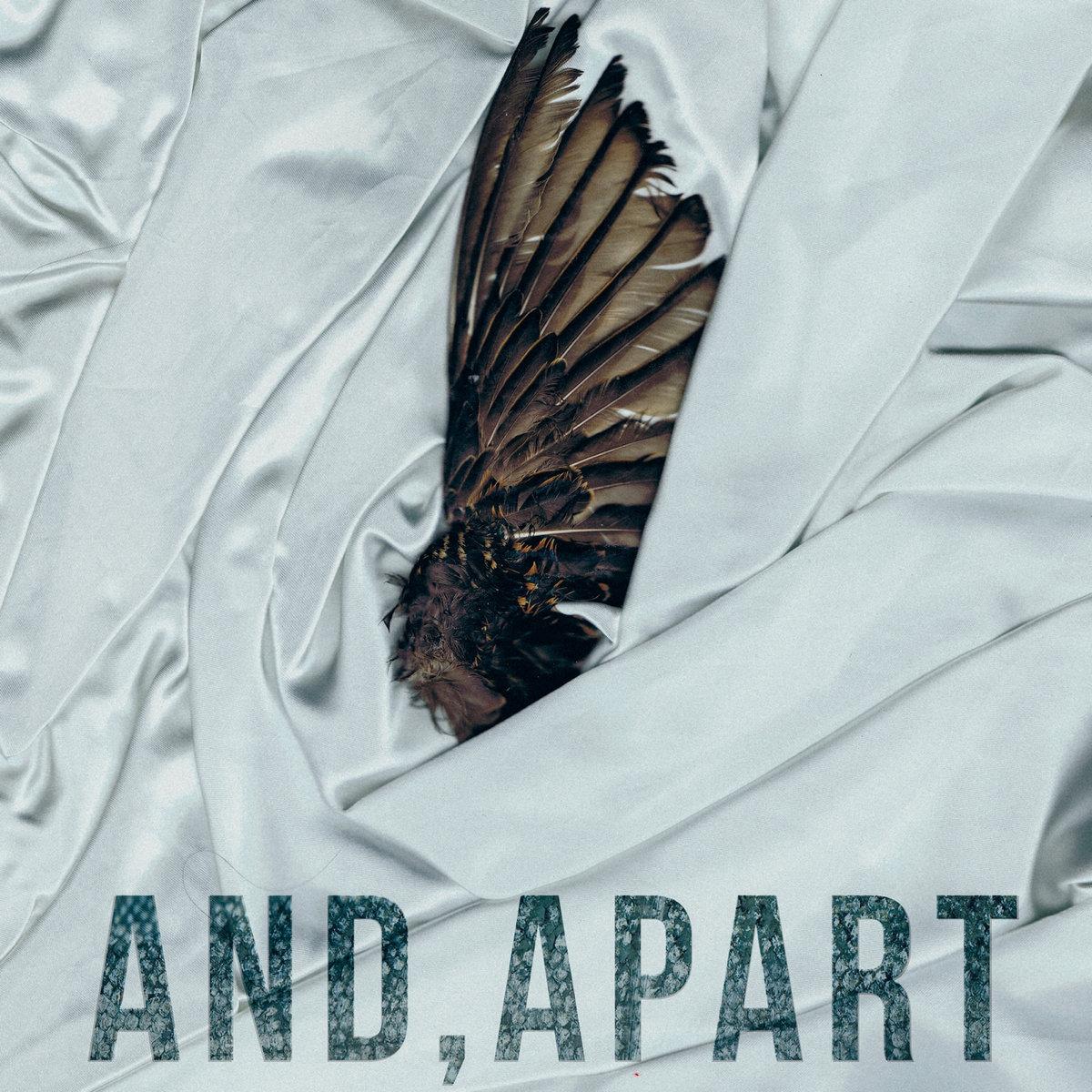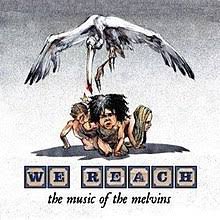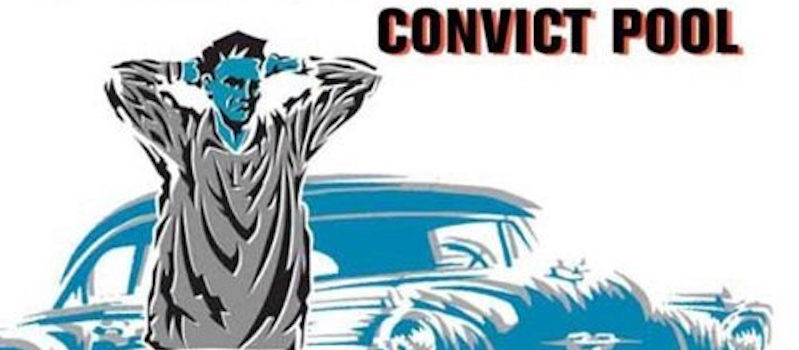Multi-instrumentalist Ryan Rumery’s emotive music always has traded in a kind of nuance, with even his most emphatic statements – which often are bookmarked by ethereal sound-sculpture – being underpinned by the sticky uncertainty of second thought. Coronavirus, no matter how society-halting it becomes, simply cannot stop that. So Rumery, now in isolation due to COVID-19 community concerns in his Brooklyn home, launched a new music series on 20 March to pass the time in self-quarantine, releasing new songs and new mixes at the end of each work-week. And, while some of his five-song score to the short film And, Apart, released Friday, surely touches on themes of being alone, there’s a wonderful connective tissue to the material that, again, traffics in nuance.
The cover of the new EP, available on Bandcamp, features broad strokes of white paint – hints, maybe, of spackle – and the decapitated wing of an unknown bird. It’s an appropriate point of initiation for a record that is undeniably airy but also struggles with the guilt of flight, the complicated hunch that it’s almost an act of betrayal to leave behind the weight of the world in a bid for self-preservation. Nowhere is this more clear than on the moribund “Rage”, which, contrary to the emotion its title evokes, centers on a placid, low-end, repeating measure on piano. It’s practically a requiem ad infinitum and, though it hints at Bill Callahan’s repose on the song “Red Apple Falls”, Rumery surrounds the main line with atmospheric glitch and little else. (It’s a devastating little instrumental.)
Elsewhere, Rumery hints at the ramifications of flightless birds, say, on the lullaby-esque closer “Open Air”. But, on “Rage”, his thesis for the film work is writ large: in isolation and sadness, we dwell on the things that finger our heartstrings, and we rage at the life-cycles we’re not strong enough to break.
That is undeniably heady stuff, but Rumery’s oft-sparse arrangements keep the process from becoming too satisfying to the sadists out there. On “Noir”, again centered on a piano motif, his composerly touch is light to a T, so much so that the expectations dedicated listeners have for his usual knotted percussive lines fall a little short with programmed backbeats that barely break the surface. “Way Out”, the fourth track, is similarly so nuanced that it often hardly registers.
If you’re looking for something with a little more weight, a little more thematic heft, Rumery still has your number. Last week, he released the rather-timely collection, The Thought of Isolation, which pulls together various bits of musical string from Rumery’s recent work – a film score excerpt here, a thwarted commercial effort there. On these tracks, which often feature Rumery in a singular capacity, it feels like someone’s eavesdropping on a largely one-sided conversation about love and longing, remorse and regret, and, yes, the highly sentient nature of loneliness. A song like the masterful “What’s Right”, which Rumery composed on the 88th day of the year (get it?) as part of International Piano Day, is half Erik Satie, half Jason Noble. (There’s a reason Rumery and the latter clicked so well on Christian Frederickson’s Painted Bird.)
On The Thought of Isolation, Rumery makes explicit that at which he only hints or suggests on At, Apart. Both are well-initiated forms of post-classical strutting, the Romantic gestures giving way to Minimalist repetition and heat, and even avant-garde colors. Both are devastating in their emotional scope and careful sense of arrangement and place. Nope, coronavirus ain’t slowing down or defeating Ryan Rumery. Now, pitch the guy a few bucks on Bandcamp and let him know that, at least in one way, he’s not all alone. – Justin Vellucci, PopMatters, March 23, 2020
-30-




